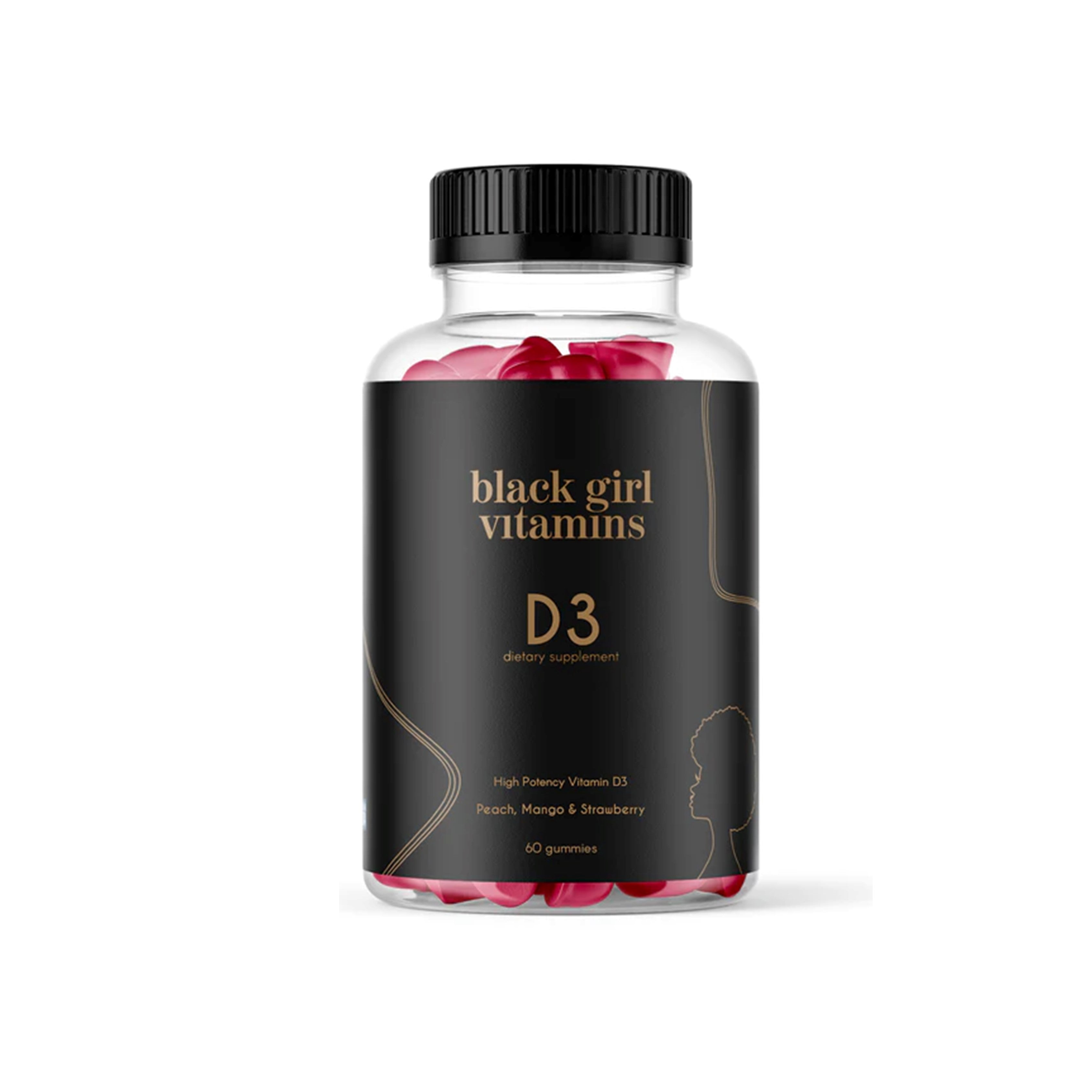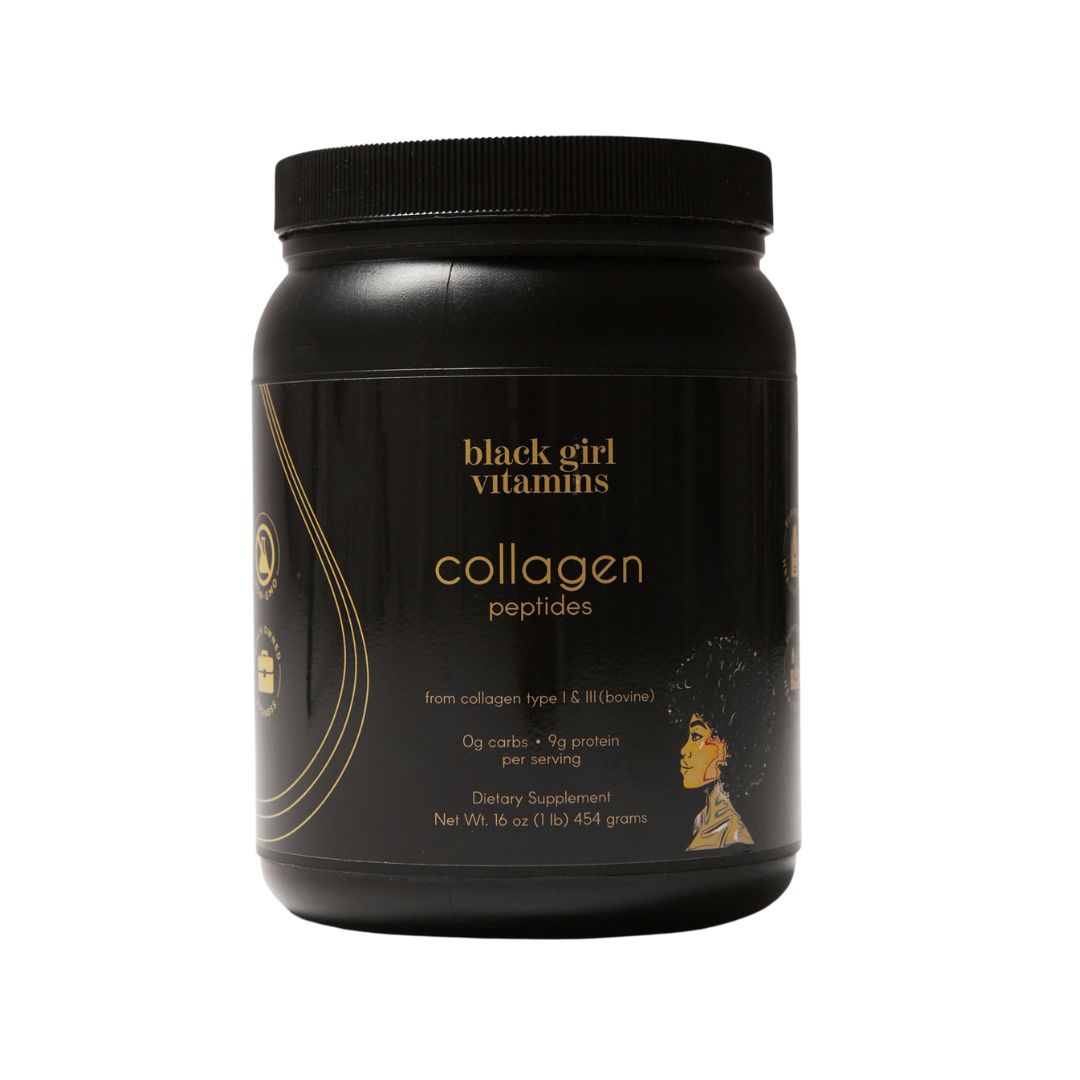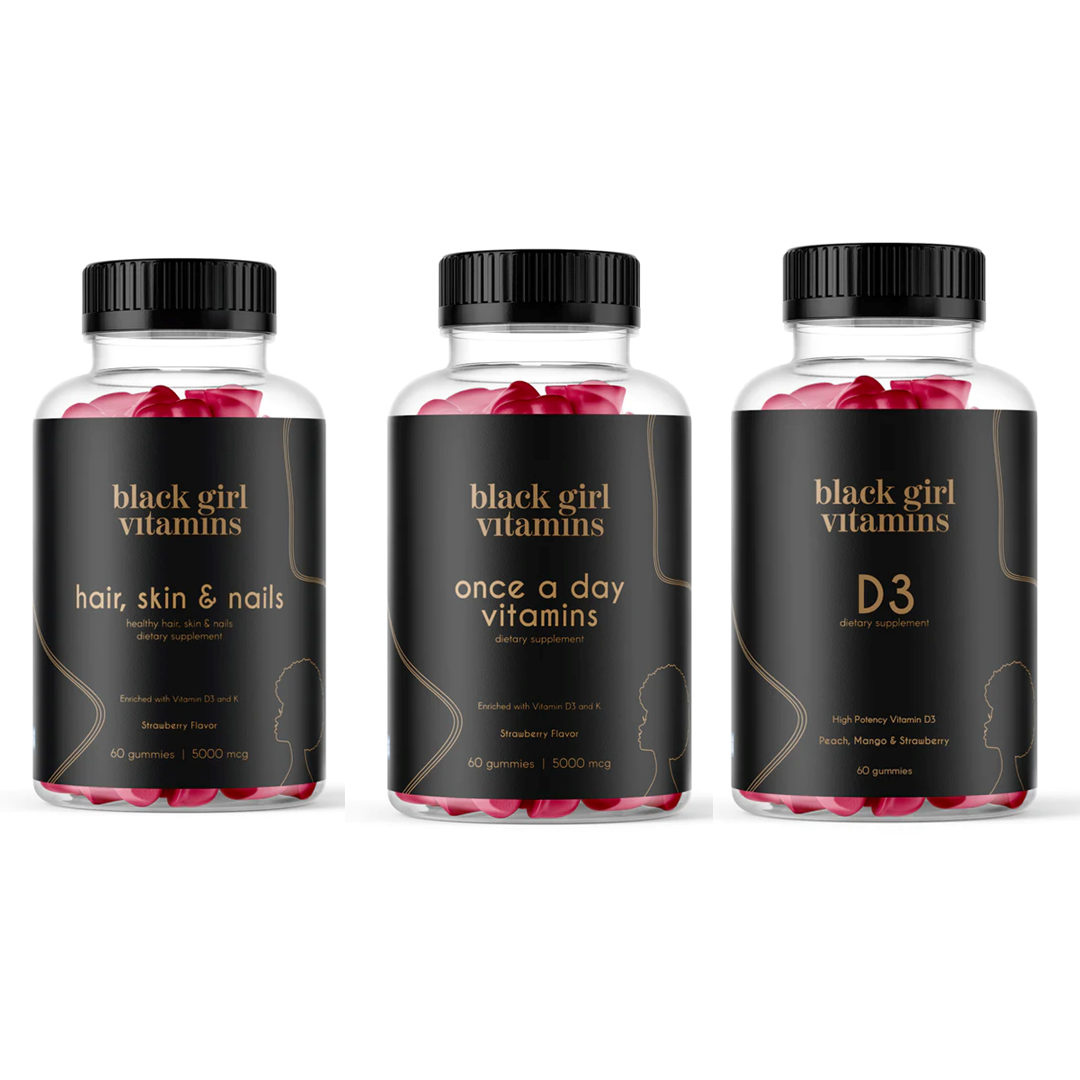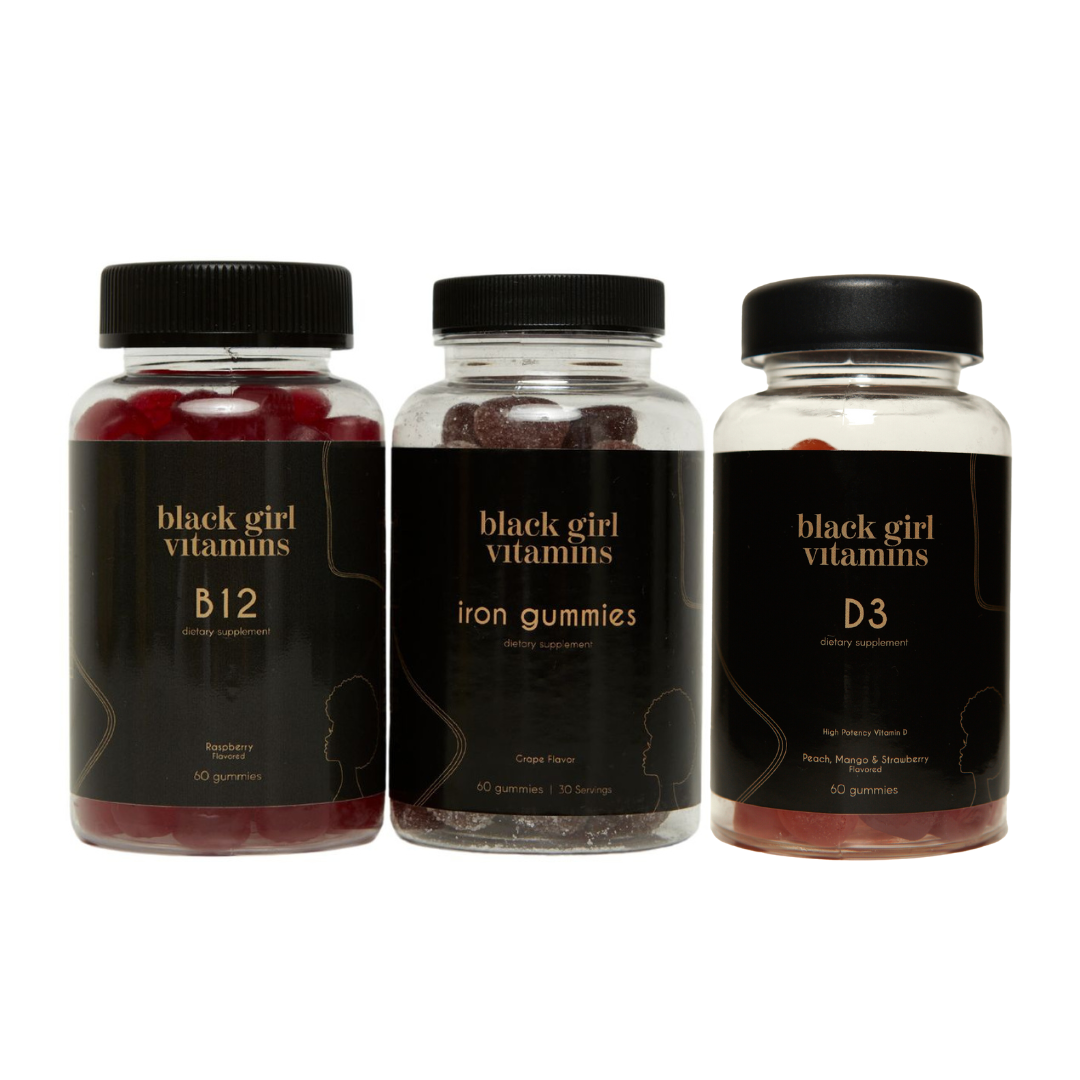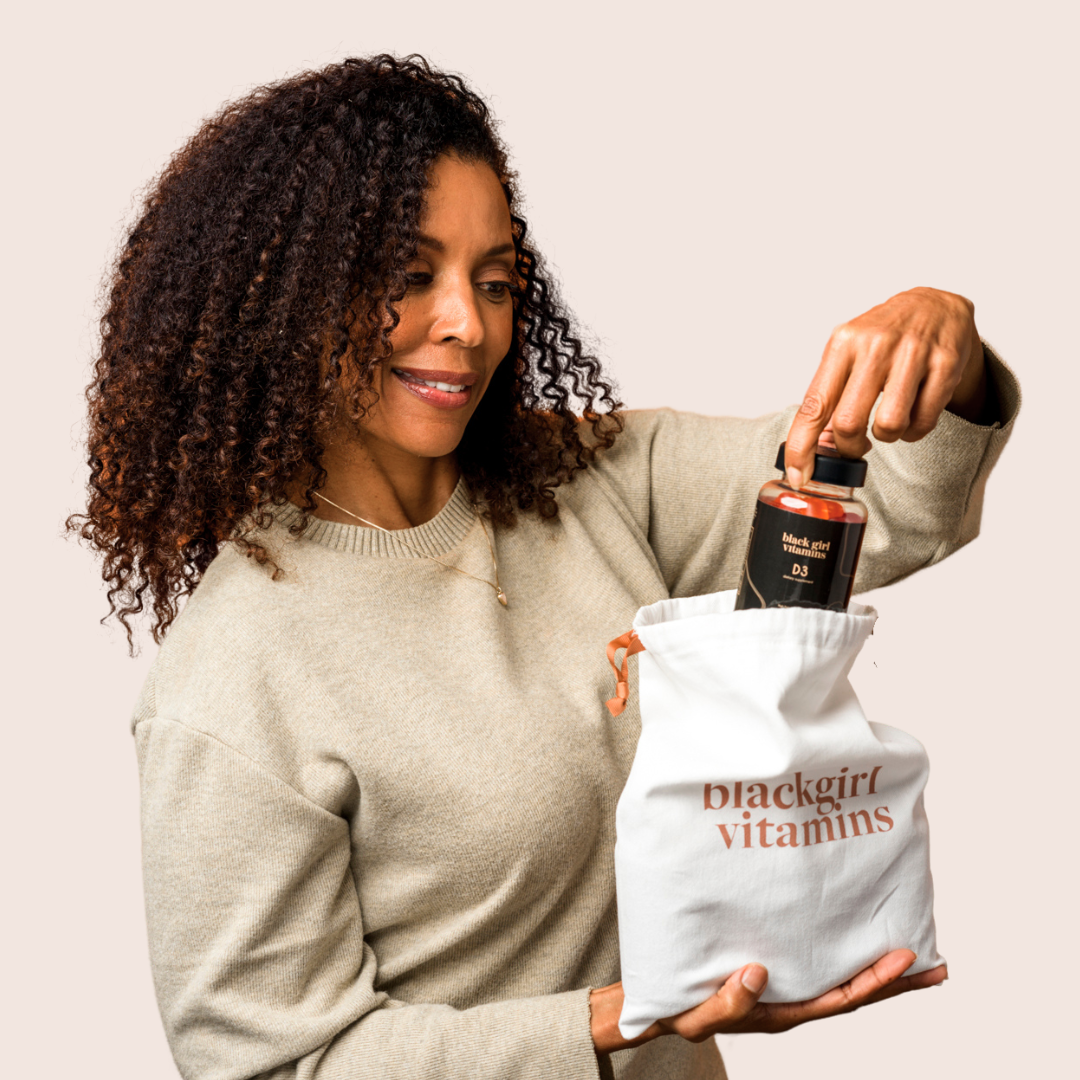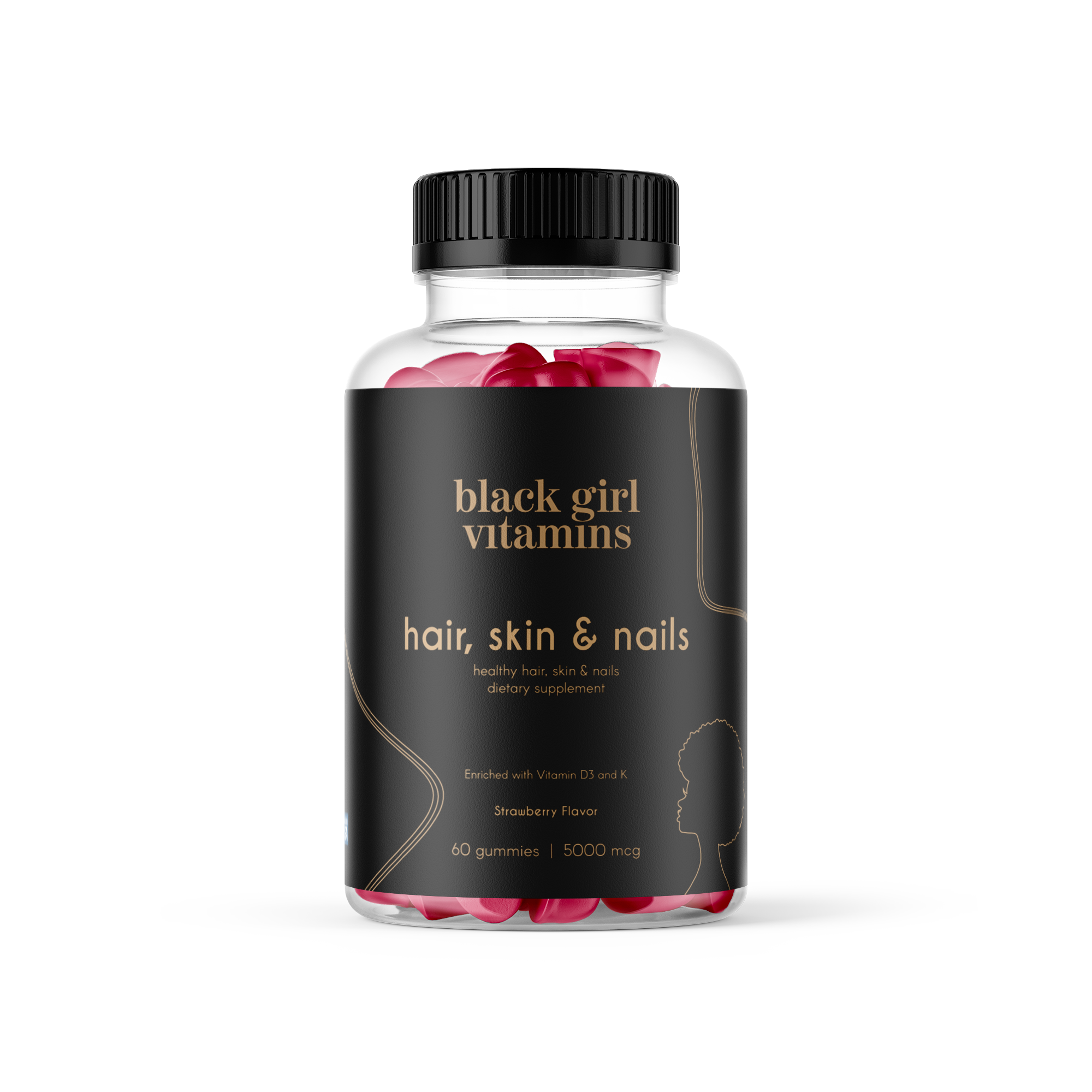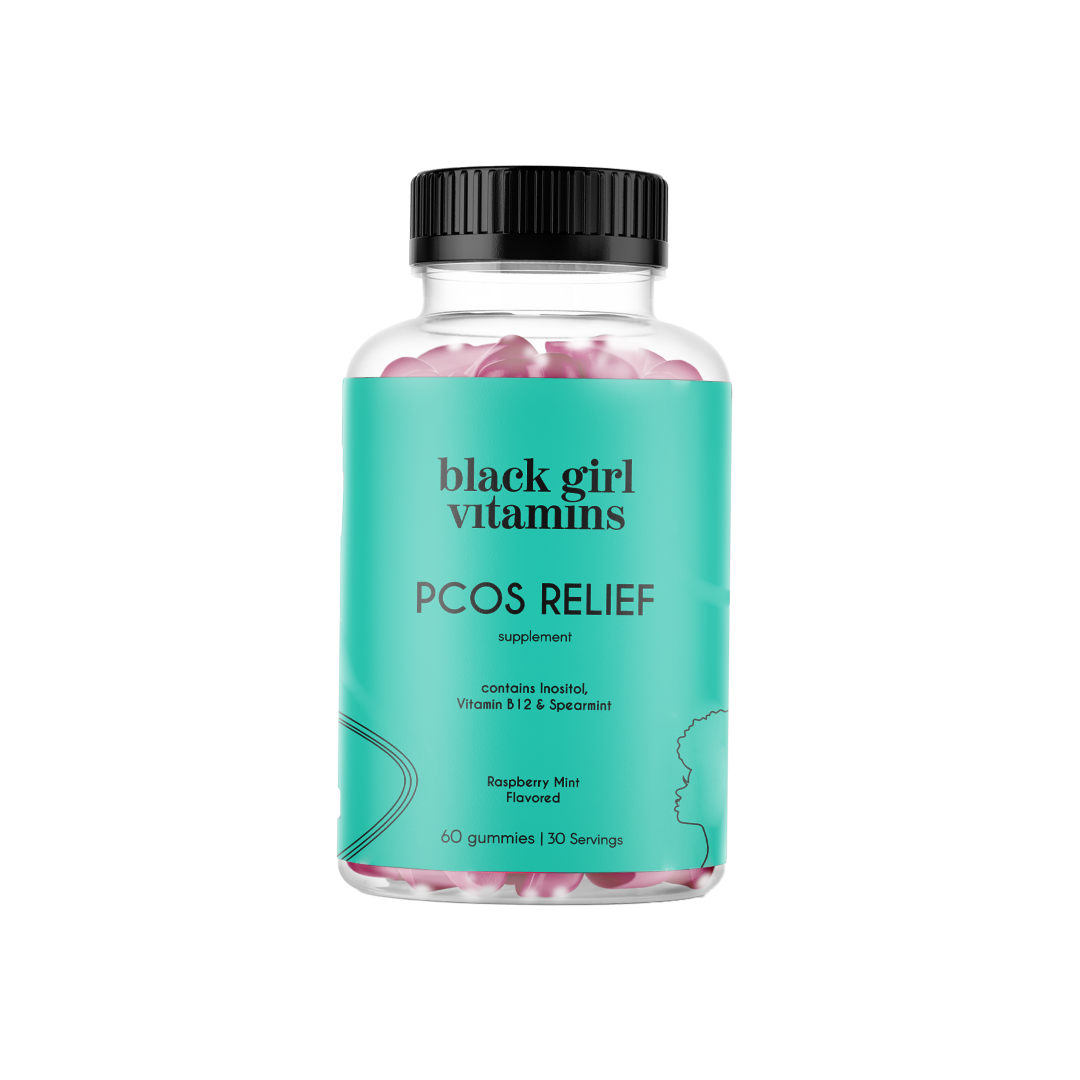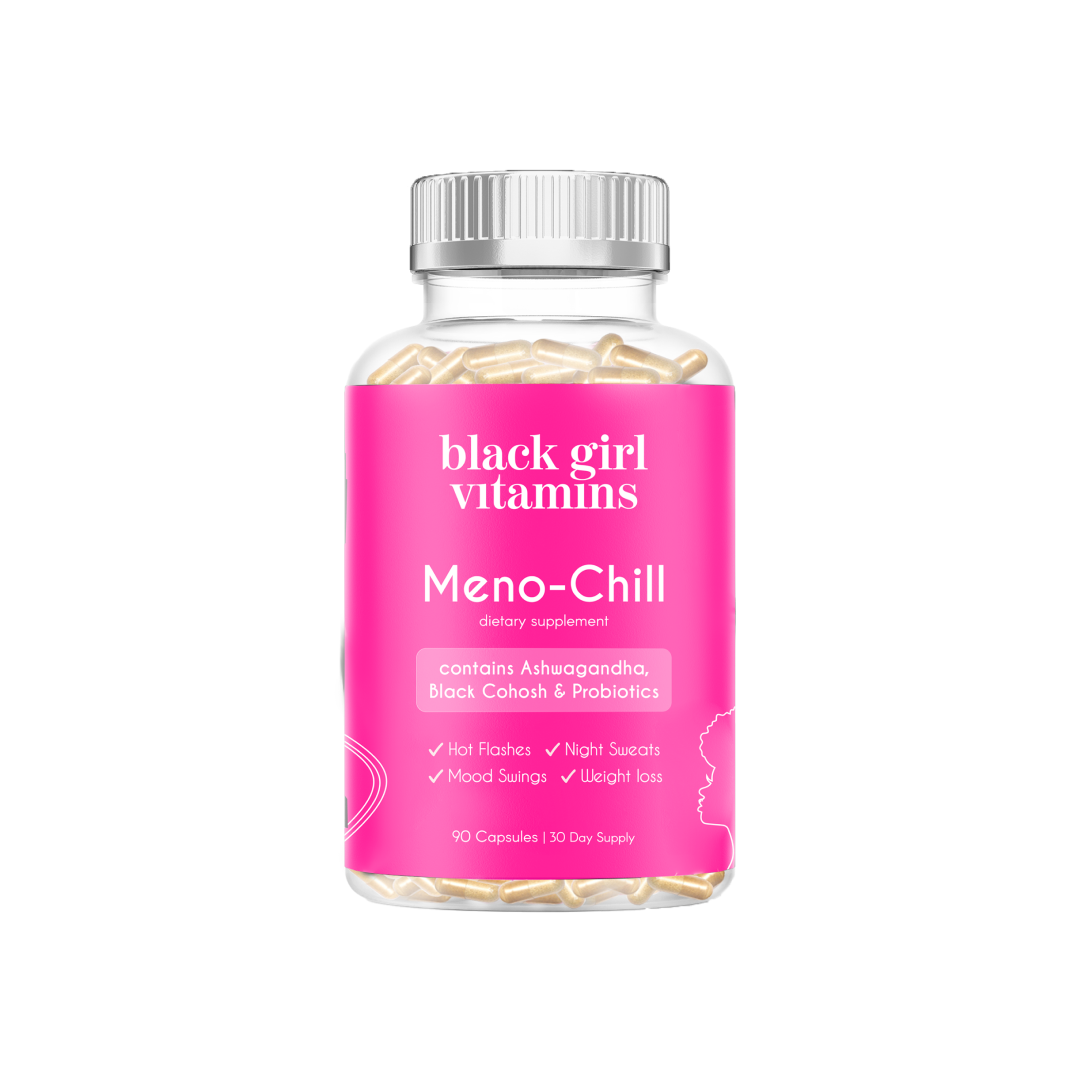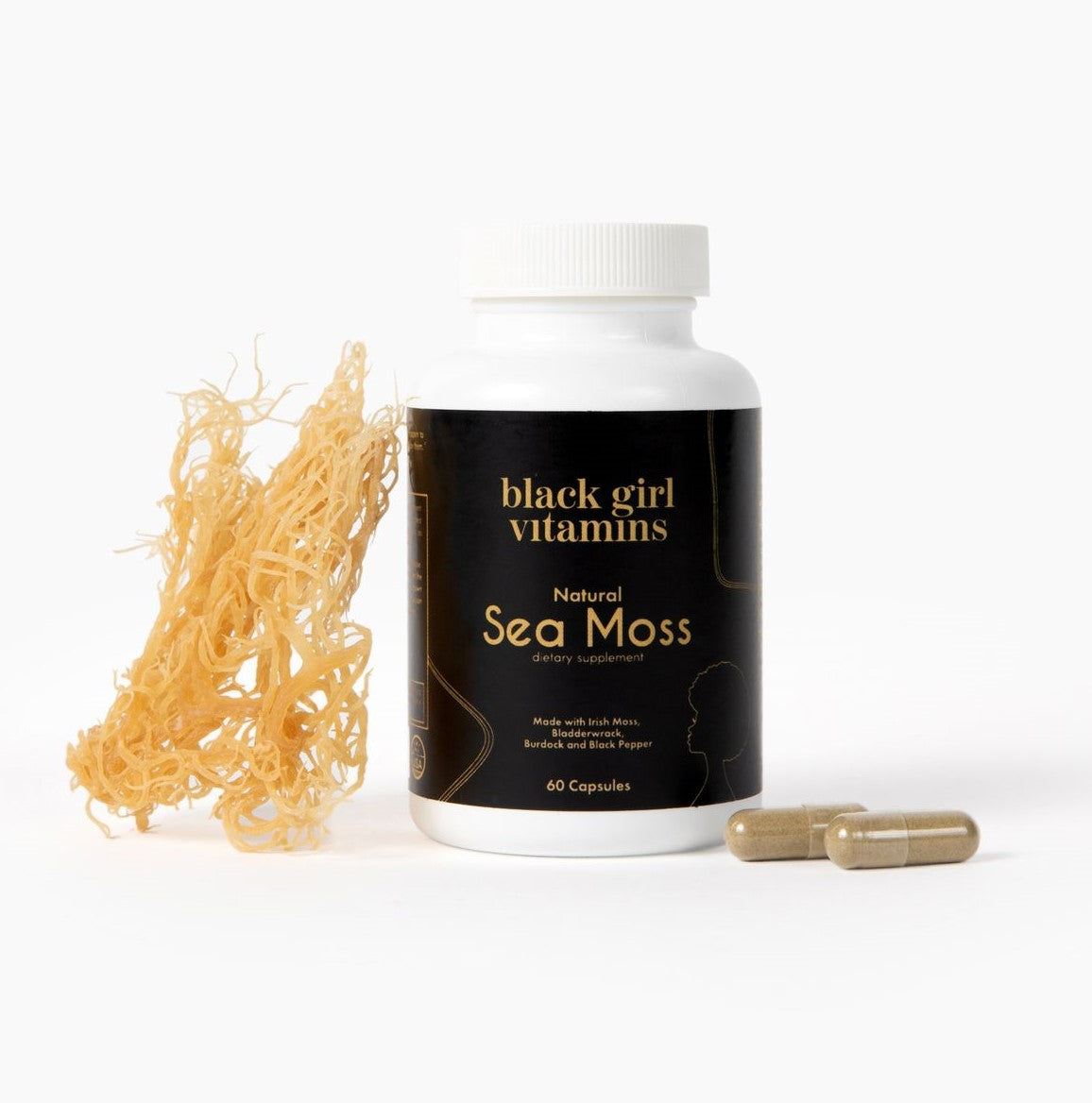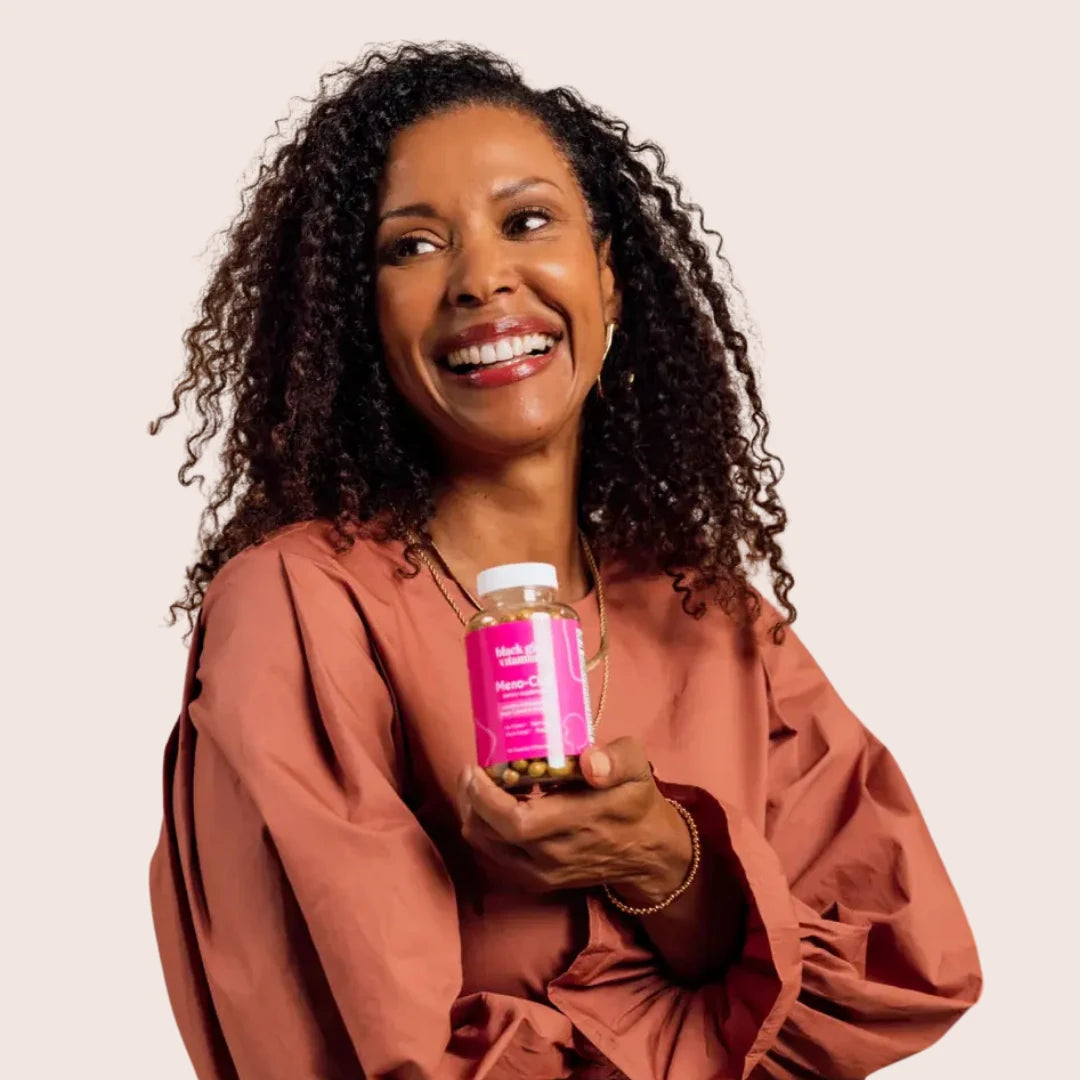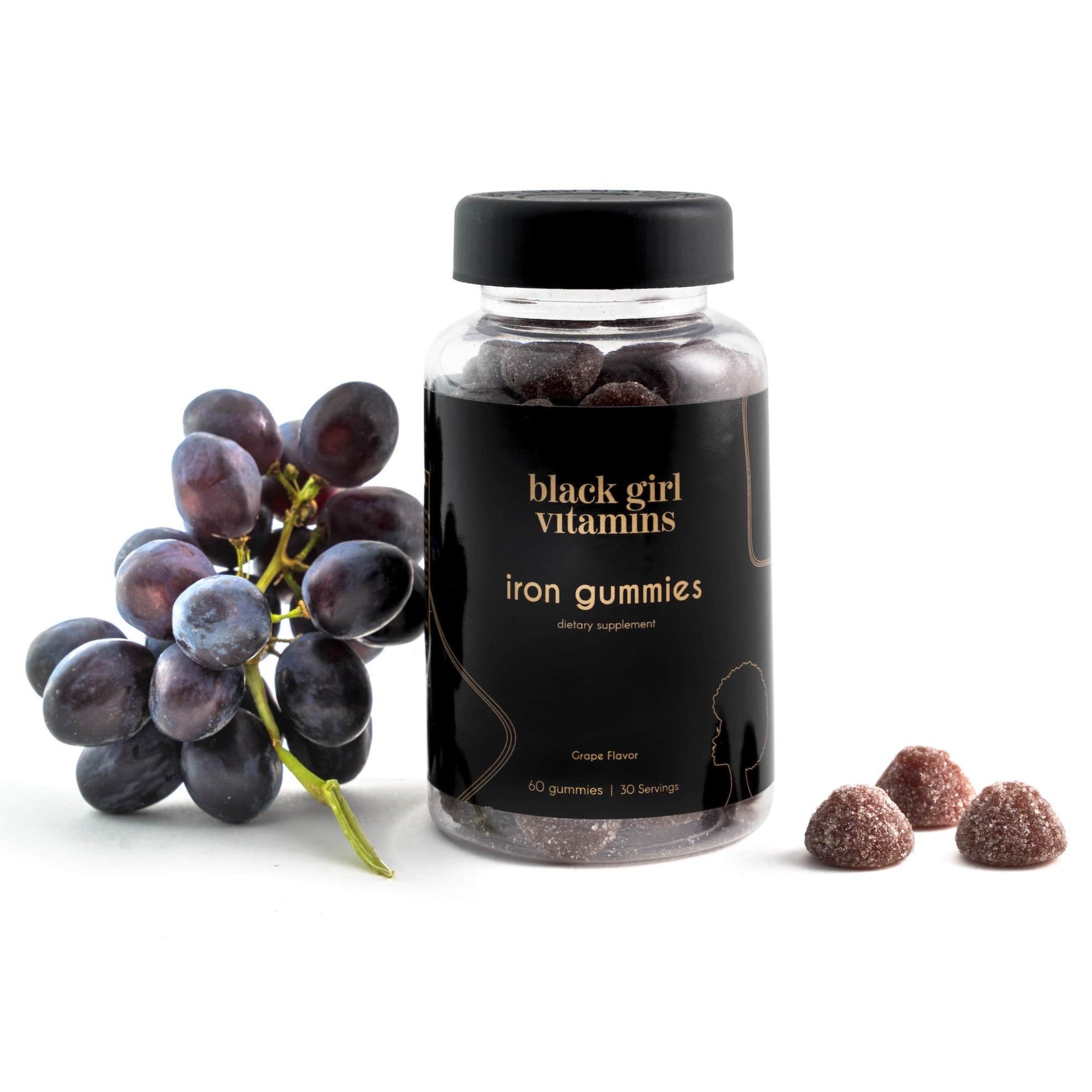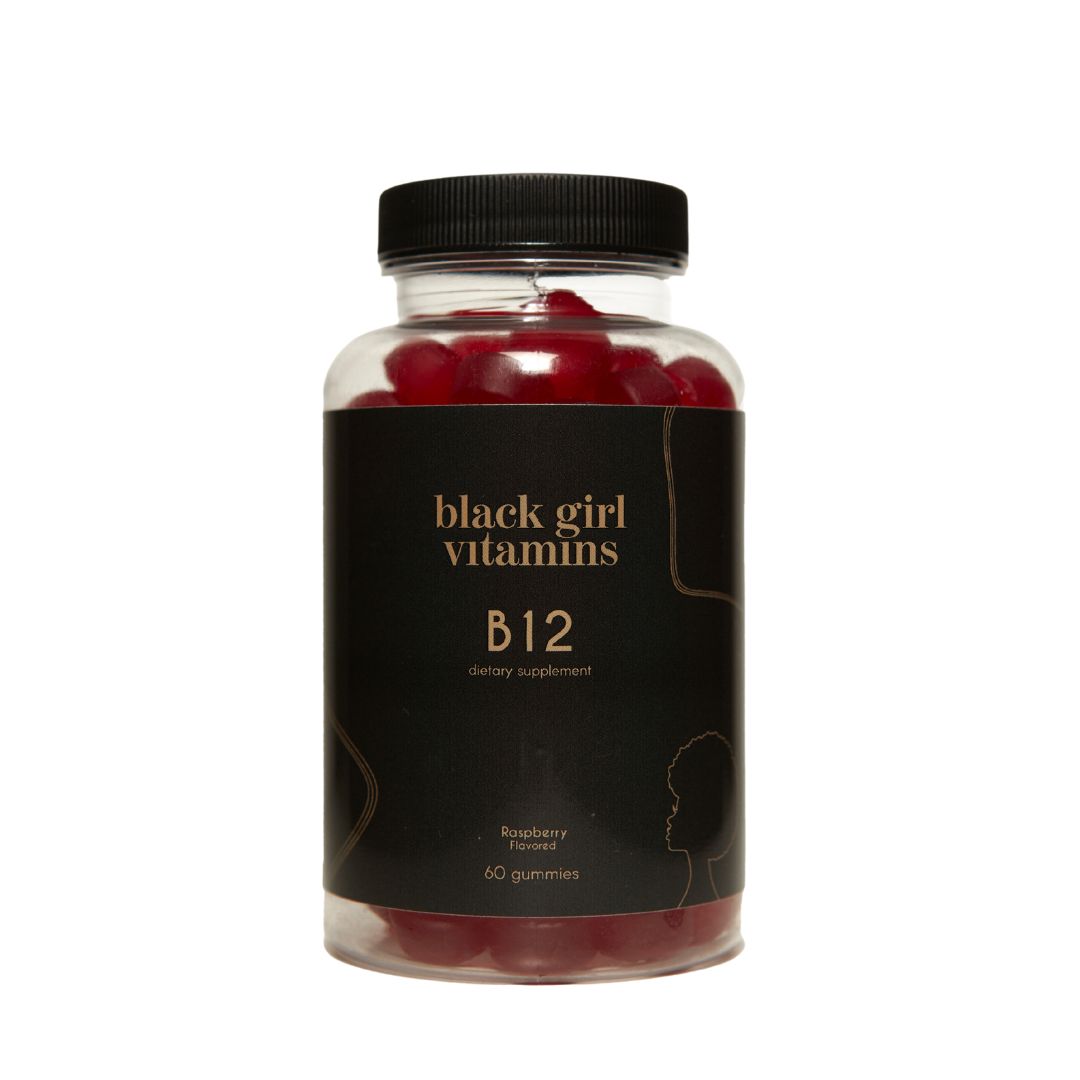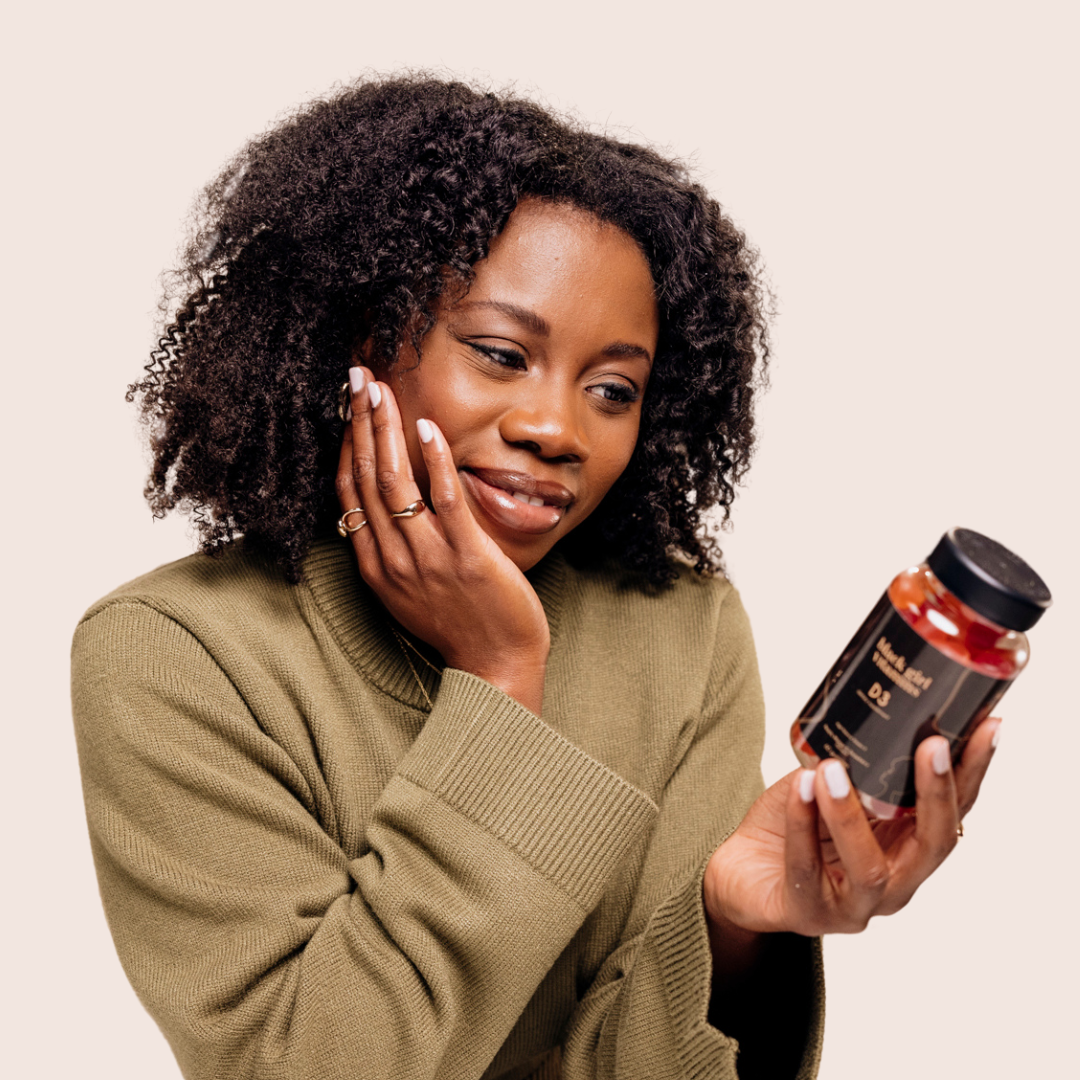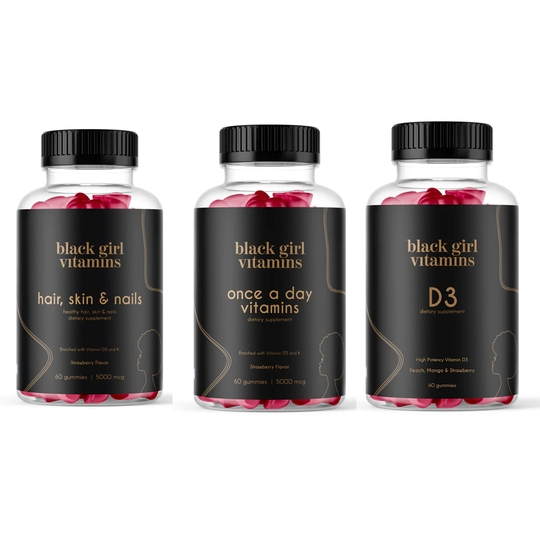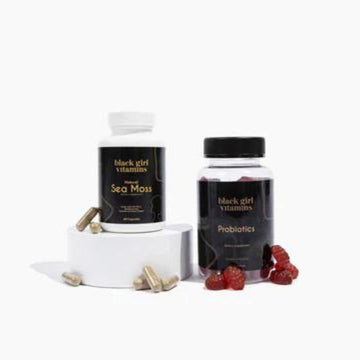Honoring PCOS Awareness Month With Black Women at the Center

Polycystic Ovary Syndrome (PCOS) impacts millions of women worldwide, yet it remains one of the most under diagnosed and misunderstood health conditions. September shines a spotlight on this condition, advocating for increased education, support, and research.
For Black women especially, living with PCOS can come with unique challenges that range from healthcare disparities to cultural stigmas. This is why PCOS Awareness Month isn’t just about raising awareness; it’s about giving Black women the tools, resources, and community we deserve.
What is PCOS?

PCOS is a hormonal disorder that affects women of reproductive age. It’s most commonly identified by:
-
Irregular or missed periods
-
High androgen (male hormone) levels, which can cause acne, facial hair growth, or hair thinning
-
Polycystic ovaries, meaning the ovaries develop small follicles that can disrupt normal cycles
PCOS can be tricky because it doesn’t look the same for everyone. Symptoms can also include weight fluctuations, difficulty with fertility, dark patches on the skin, fatigue, and even mood changes. Some women may experience all of these issues, while others only notice one or two. While doctors don’t yet know the exact cause, genetics, insulin resistance, and chronic inflammation all play a role.
The Unique Impact on Black Women
Black women often face delayed diagnoses or dismissal of symptoms due to systemic racism in healthcare. Too often, our pain and concerns aren’t taken seriously, which means we may go years without answers.
Representation in PCOS research is also limited, leaving many questions about how this condition uniquely shows up in our bodies. For example, studies suggest Black women may be more likely to experience certain PCOS symptoms like weight gain or hair-related changes, but without enough research, those nuances don’t always make it into treatment guidelines.
PCOS also intersects with higher rates of type 2 diabetes, heart disease, fibroids, and hypertension, conditions that already disproportionately affect Black women. And let’s not forget the mental health toll: depression, anxiety, and struggles with self-esteem are common but not always talked about.
Click here to watch a PCOS webinar by BGV's Medical Advisor Dr. Standifer!
That’s why awareness matters. When we bring our stories to the forefront, we shine a light on these disparities and demand better care, earlier intervention, and more inclusive research.
Why PCOS Awareness Month Matters
This month is about education, visibility, and empowerment. PCOS Awareness Month gives us a chance to:
-
Advocate for better healthcare practices and policies
-
Share resources for early detection and management
-
Create supportive spaces for Black women to connect and heal
-
Push for representation in research so treatment reflects our needs
BGV’s PCOS Relief

At Black Girl Vitamins, we know firsthand how tough PCOS can be, which is why we created PCOS Relief Gummies. Designed with Black women’s wellness in mind, this bottle combines ingredients like spearmint and raspberry that support:
-
Hormonal balance
-
Regular cycles
-
Improved mood and energy
-
Reduced cravings and insulin resistance support
They’re an easy, consistent way to support your body alongside healthy habits like nutrition and movement. While no supplement is a magic fix, the right blend can make daily management feel less overwhelming. For many women in our community, PCOS Relief Gummies are part of their toolkit for taking control of their health.
The Role of Self-Care in PCOS Management

PCOS may not have a cure, but there are ways to manage symptoms and support your overall health. Self-care is a big part of that—and it’s not selfish, it’s necessary.
-
Nutrition with intention: Eating whole, nutrient-rich foods while limiting processed sugars can help regulate blood sugar and improve symptoms. Try swapping soda for infused water, or choosing snacks like nuts and fruit instead of chips. Supplements like inositol, vitamin D, or omega-3s may also support hormone balance—just make sure to consult your provider.
-
Movement that feels good: Exercise helps with weight management, insulin resistance, and mood. It doesn’t have to be intense—walking, yoga, pilates, or even dancing in your living room counts too. The key is consistency and finding joy in movement.
-
Prioritizing mental health: Whether it’s therapy, journaling, or stress-reducing practices like meditation, protecting your peace is essential. PCOS impacts more than just the body—it affects how you feel about yourself. Making time for mental wellness is just as important as managing physical symptoms.
-
Sleep and rest: Quality sleep helps regulate hormones and reduce stress. Aim for 7–9 hours of rest each night and create a bedtime routine that allows your body to unwind.
Conclusion
PCOS Awareness Month is a reminder that change happens when we come together.
Black women deserve answers, care, and community. By raising awareness, demanding better healthcare, and uplifting each other, we can rewrite the story of PCOS for ourselves and future generations.





